5 takeaways from the Copa America Centenario

Lionel Messi went from superhero to scapegoat, Eduardo Vargas scored goal after goal, and Luis Suarez never took the pitch.
The Copa America Centenario ended with an bang on Sunday, and it wasn't the sound of Francisco Silva's penalty kick hitting the back of the net at MetLife Stadium.
It was the culmination of 23 days of emotional football that left Chile atop the mountain of South American football and Argentina's trophy drought alive and well. A celebration of the world's oldest continental competition delivered no shortage of entertainment and set the tone for the remainder of 2018 World Cup qualifying.
Here are five takeaways from the Copa America Centenario:
Chile is South America's most dangerous team
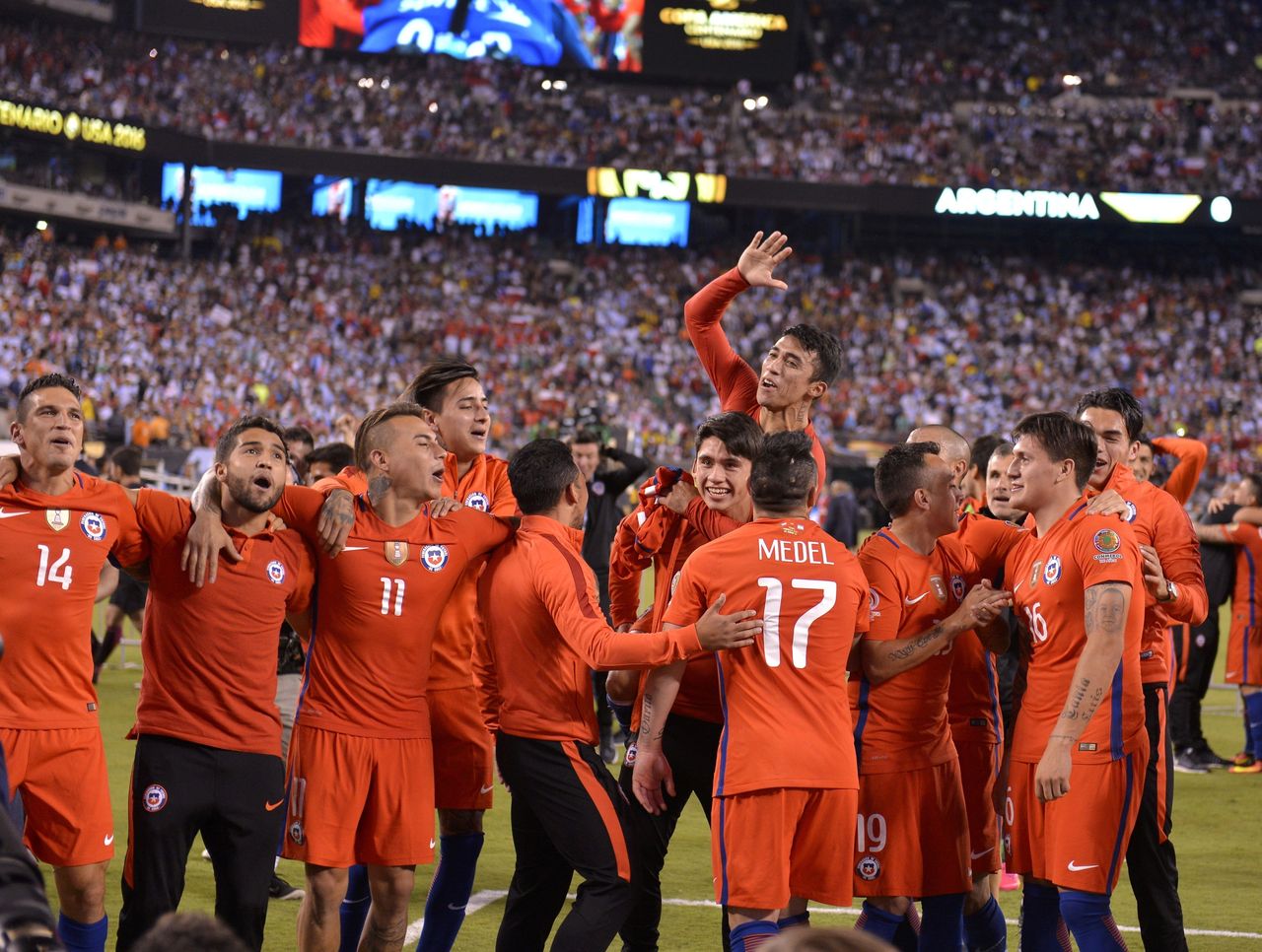
Entering the Copa America Centenario, there was talk of Chile being a team in decline, largely because of an ageing golden generation and a new manager in Juan Antonio Pizzi.
Such talk feels ludicrous in retrospect.
Not only did Chile win the Copa America Centenario and defend its crown, but La Roja eviscerated Mexico along the way, beat Colombia in 11 minutes, and sucked the soul out of Argentina.
Claudio Bravo, Gary Medel, Arturo Vidal, Marcelo Diaz, Charles Aranguiz, Alexis Sanchez, and Vargas established themselves as South America's most cohesive unit and showed the type of fearlessness that should make the team among the favourites at the 2018 World Cup.
Argentina felt the pressure
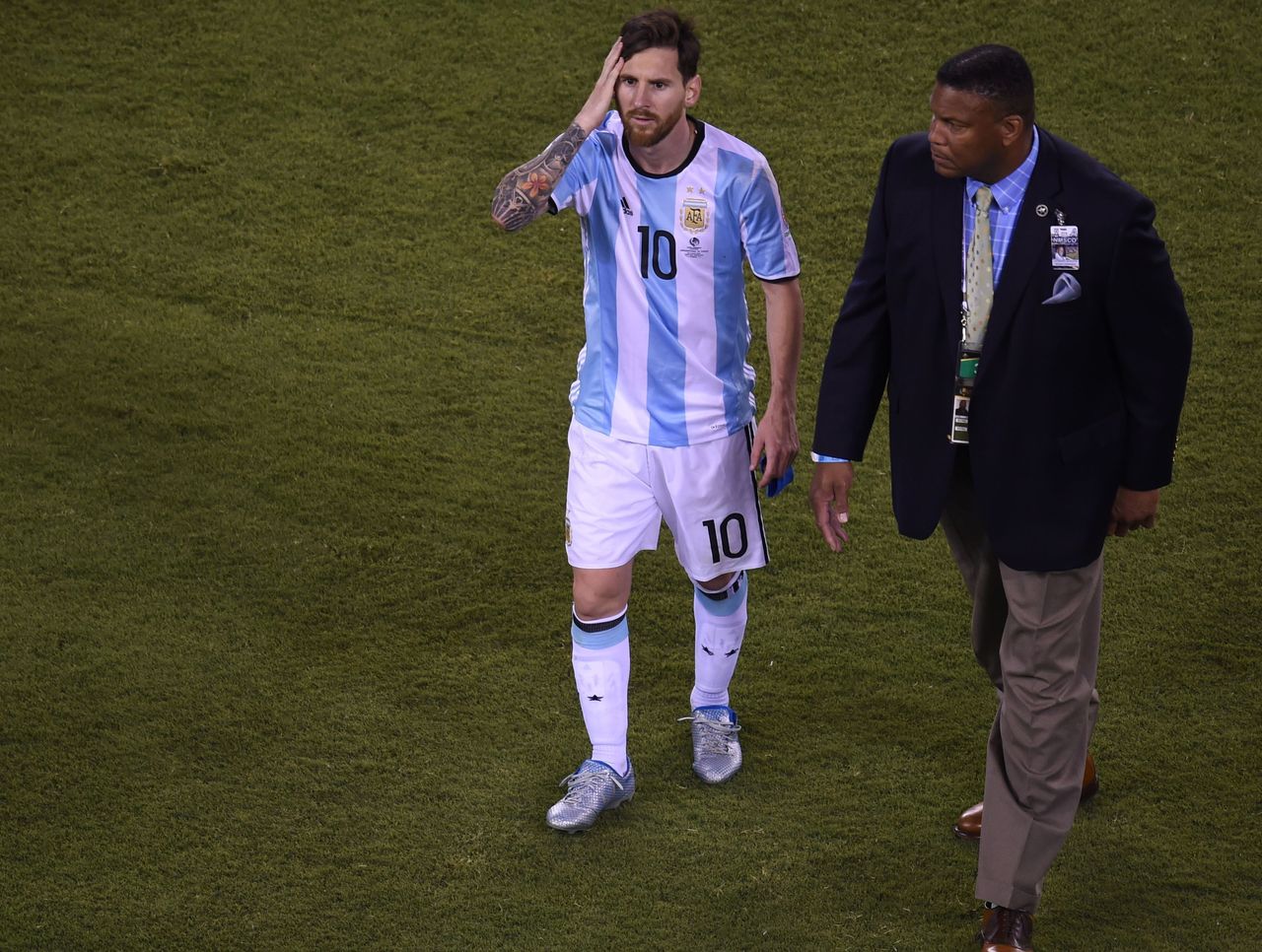
If there were any questions over whether Argentina was feeling pressure to end a title drought that stands at 23 years and counting, its defeat to Chile in the Copa America Centenario's final provided an answer.
Argentina played the final as though its players knew the outcome was going to be the same as the final at last year's Copa America, and the final of the 2014 World Cup. With the notable exception of Gonzalo Higuain's humiliating miss, there wasn't a single time where La Albiceleste looked determined to score, and Gerardo Martino's side looked incredibly short on ideas if Messi wasn't in possession of the ball.
There will be long-lasting effects for Argentina.
Mexico isn't as strong as initially thought
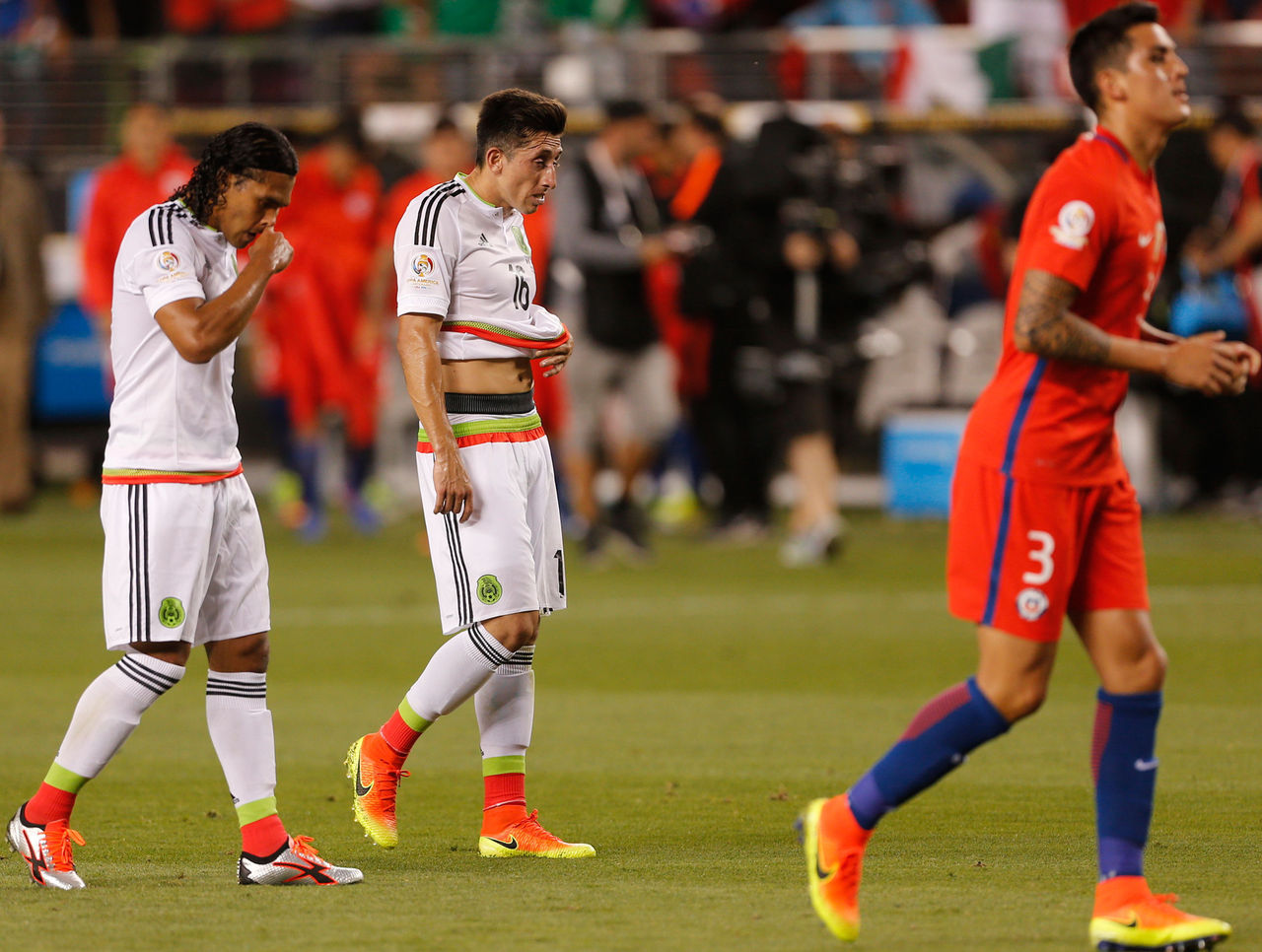
There was a justifiable amount of hype surrounding Mexico at the beginning of the Copa America Centenario, as El Tri boasted the longest unbeaten streak in the world and the longest in the country's history having gone undefeated in 22 fixtures.
All that was forgotten in one night, however.
Mexico suffered its worst margin of defeat ever in a non-friendly match, falling 7-0 to Chile in what was Mexican football's darkest hour. The result will never be forgotten, and El Tri will have to do its best to move on and start earning respect from scratch.
Uruguay needs to think about the future
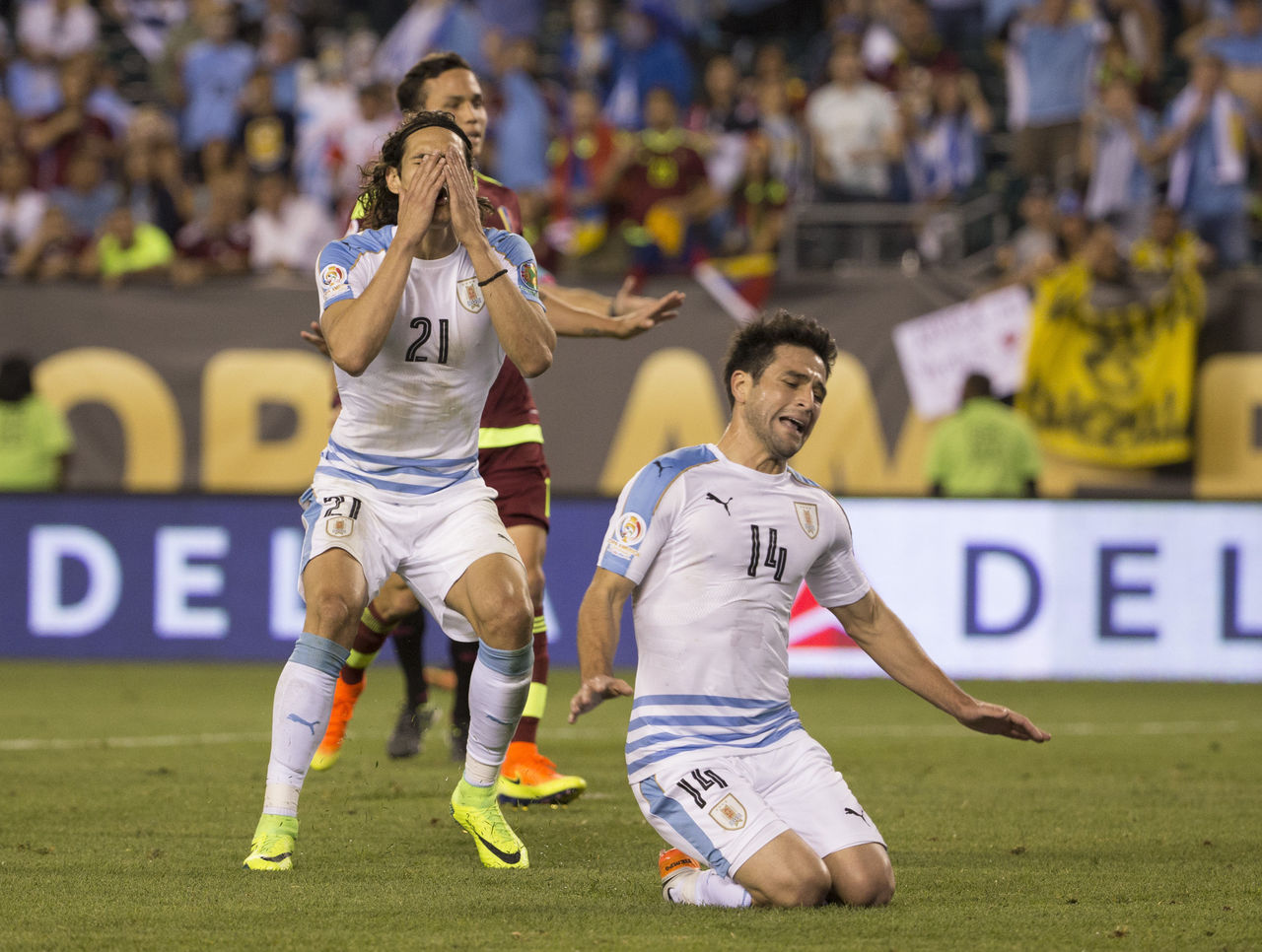
The biggest disappointment of the Copa America Centenario was, without a doubt, Uruguay.
Although Los Charruas can partially blame their group-stage exit on an exhausting schedule that forced them to travel across the United States of America, Oscar Washington Tabarez's side should have made it to the quarter-finals.
Sitting atop CONMEBOL's standings for 2018 World Cup qualifying, Uruguay was given a wake-up call without Suarez and reminded that it's time to look to its next generation of players.
CONMEBOL on top of CONCACAF
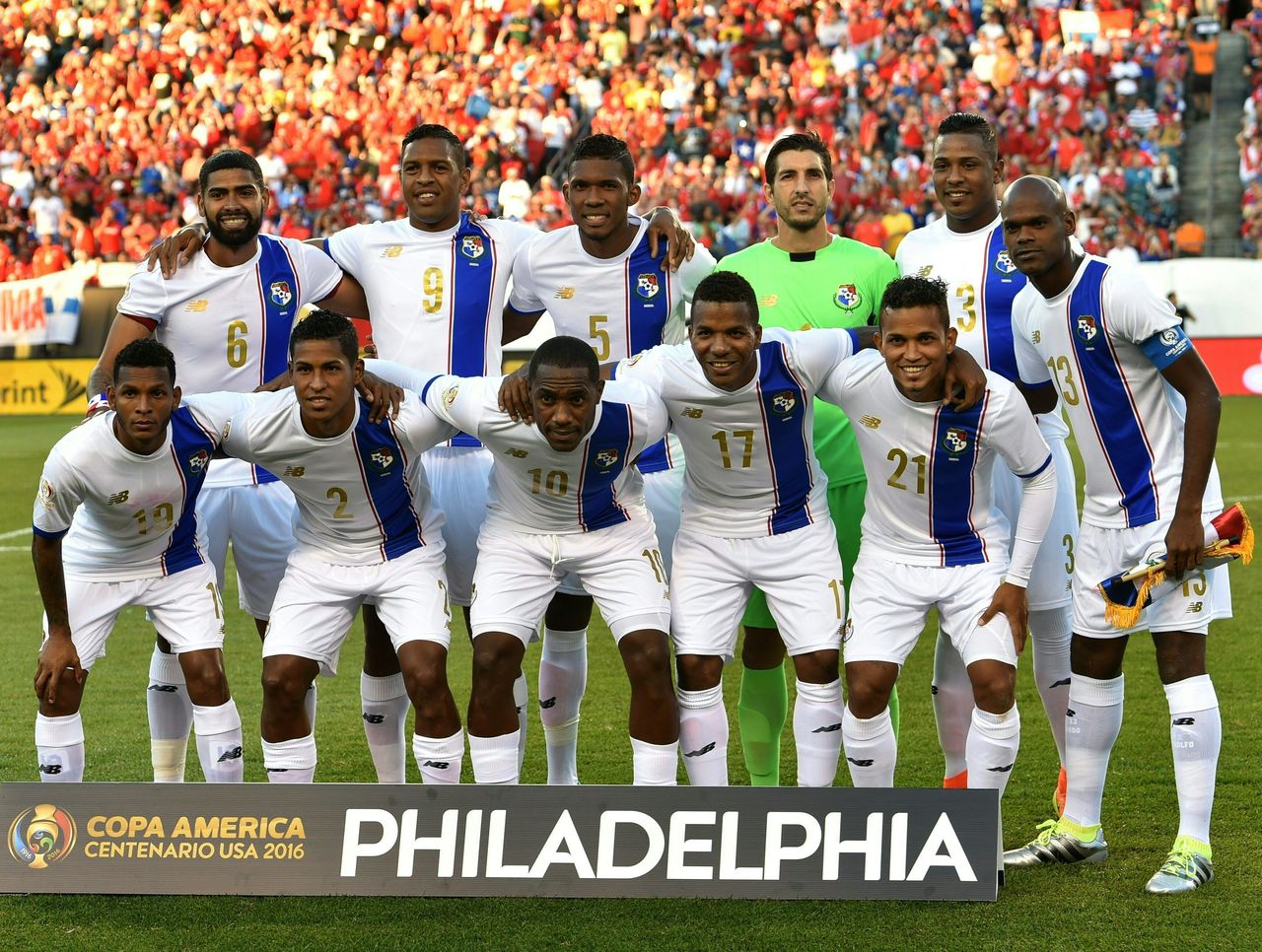
The Copa America Centenario provided CONCACAF's top teams with a solid chance of measuring themselves against their South American counterparts, but all that was revealed was a startling lack of depth among the North American sides.
Mexico was ripped apart by Chile, Panama failed to advance past the group stage, Jamaica didn't score a single goal, and Haiti produced a goal difference of minus-11. The United States men's national team was CONCACAF's only representative to reach the semi-finals, and it was there that the disparity was once again exposed as Argentina battered Jurgen Klinsmann's side.